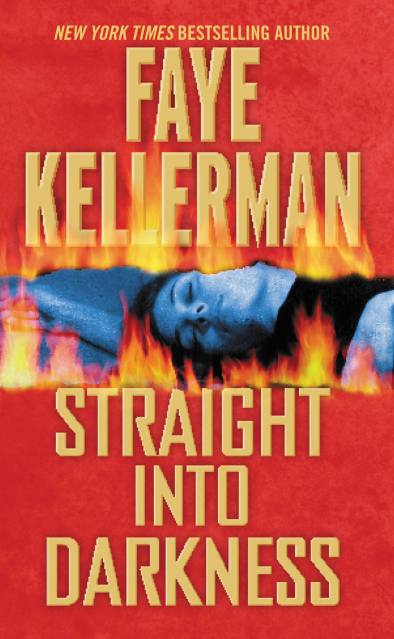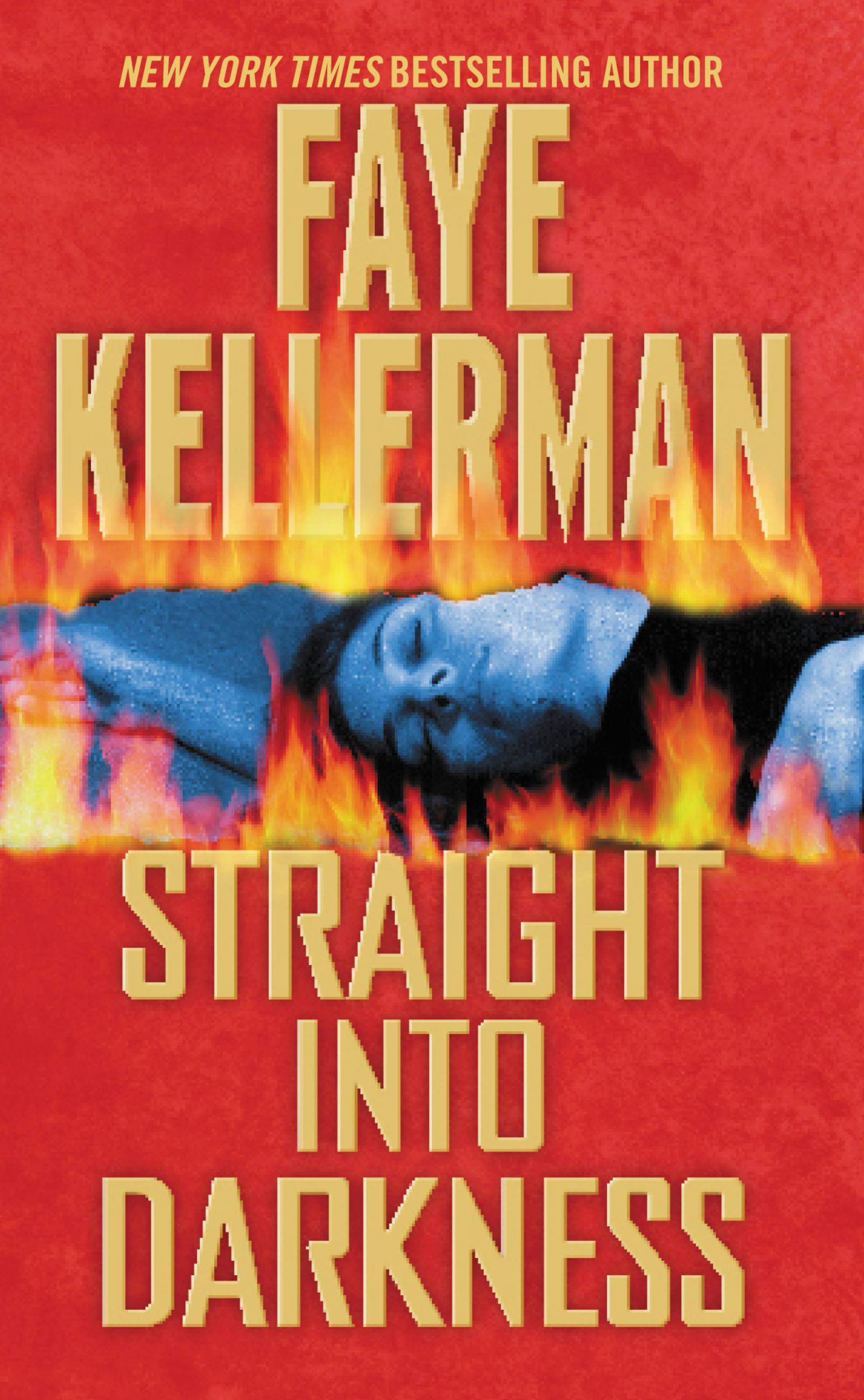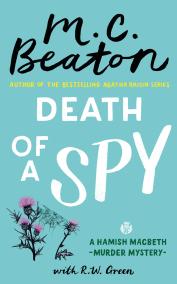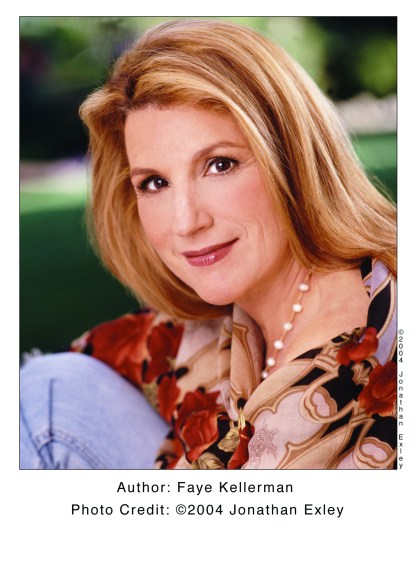Promotion
Use code MOM24 for 20% off site wide + free shipping over $45
Straight into Darkness
A Novel
Contributors
Formats and Prices
Price
$7.99Price
$9.99 CADFormat
Format:
This item is a preorder. Your payment method will be charged immediately, and the product is expected to ship on or around August 1, 2005. This date is subject to change due to shipping delays beyond our control.
Also available from:
Lustmord – the joy of murder. The terrifying concept seems apt for the brutal slaying of a beautiful young society wife dumped in the vast English Garden. Homicide inspector Axel Berg is horrified by the crime…and disturbed by the artful arrangement of the victim’s clothes and hair – a madman’s portrait of death.
Berg’s superiors demand quick answers and a quick arrest: a vagrant, the woman’s husband, anyone who can be demonized will do. When a second body is discovered, the city erupts into panic, the unrest fomented by the wild-eyed, hate-mongering Austrian Adolf Hitler and his Brownshirt party of young thugs.
Berg can trust no one as he relentlessly hunts a ruthless killer, dodging faceless enemies and back-alley intrigue, struggling to bring a fiend to justice before the country – and his life – veer straight into darkness.
Genre:
- On Sale
- Aug 1, 2005
- Page Count
- 432 pages
- Publisher
- Grand Central Publishing
- ISBN-13
- 9780759514133
Newsletter Signup
By clicking ‘Sign Up,’ I acknowledge that I have read and agree to Hachette Book Group’s Privacy Policy and Terms of Use







